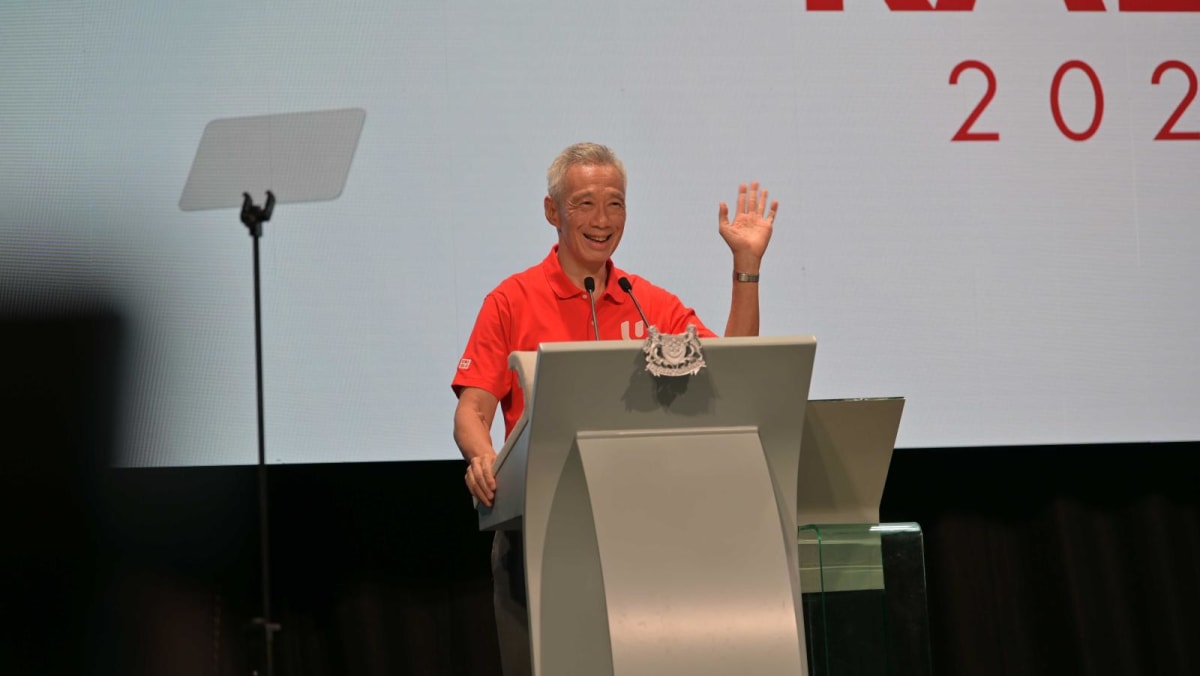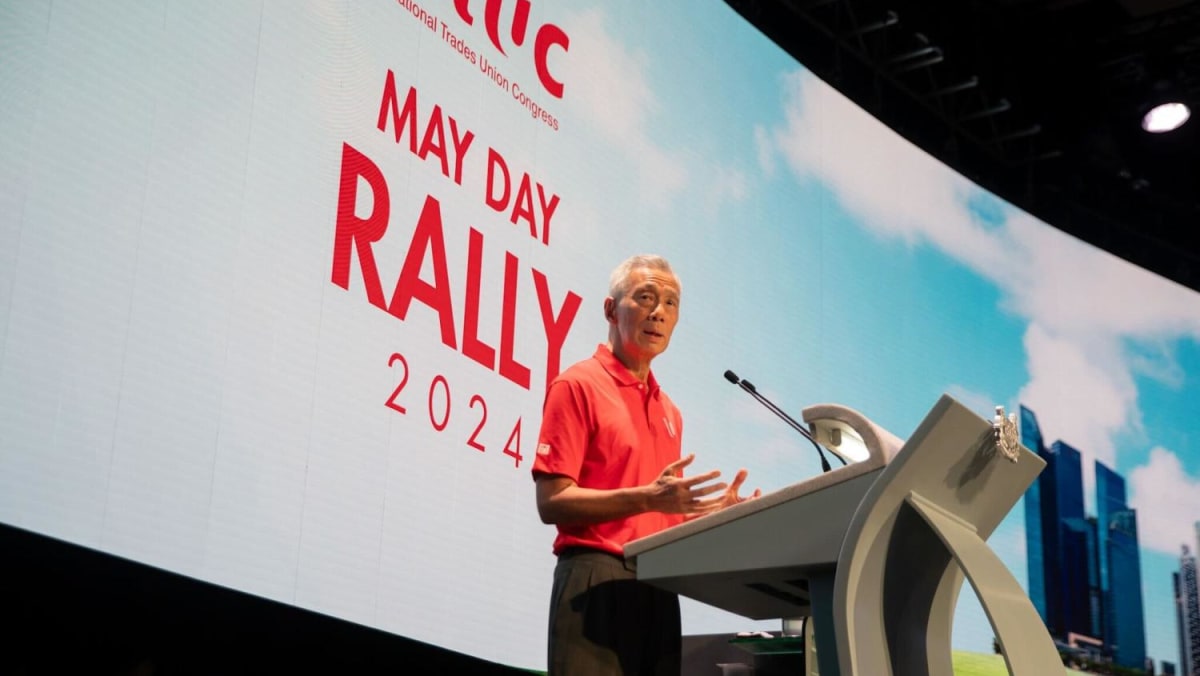GAPS IN PROTECTING WORKERS
For a long-time advocate of flexi-work, the new guidelines are helpful for defining and standardising what flexible work arrangements are, but gaps remain.
Ms Sher-li Torrey is the founder of Mums@Work, a career portal with 60,000 members in Singapore that supports working mothers by listing jobs that offer flexible arrangements.
Since the portal started in 2010, employers now understand better what flexi-work is but this is still lacking among some smaller firms, according to Ms Torrey.
She said of the new guidelines: “It is a step in the right direction. Is it going to move the needle? Not now, and definitely not in the near future.”
But requiring employers to fairly consider requests for flexi-work empowers workers to ask for such arrangements and can help them stay in their jobs, she said.
However, they do not protect jobseekers looking for flexibility, including mothers returning to work, she said. Instead, asking about flexibility during a job interview could backfire on the candidate.
“So what this helps is talent retention, not talent attraction,” she said.
Employees also fear being penalised for getting flexible work arrangements, and there does not seem to be a clear way to ensure they are still considered for promotions, said Ms Torrey.
In her experience, employers often have a strong case for holding back career progression for employees on flexible work arrangements.
“They do get sidelined for promotions. And it’s a hard one to argue because sometimes there are elements like face time,” she said, where flexible workers may get less face time with supervisors.
An employee’s job scope can also change over time because of the nature of what they are able to do under flexible work arrangements, which can also affect prospects for progression, she said.
Even if flexi-work is normalised, it will likely still be a minority who have such arrangements, added Ms Torrey.
“The question then becomes: Can a minority speak up and say I want equal promotional rights even though I have the added advantage of the flexibility?”
Employees’ concerns that they could be penalised are “fair”, said Mr Ang Yuit, president of the Association of Small and Medium Enterprises (ASME).
A “mature conversation” on this would start by looking at whether the requested arrangement is temporary or permanent. If it is permanent, then the employer and employee need to sit down and discuss their expectations, he said.
The guidelines encourage employers to inform employees about their expectations on work deliverables, performance evaluation, how the employee will remain contactable, and the possibility of reviewing and adjusting arrangements that have already been granted.
Mr Ang added that ASME was encouraging smaller businesses to look at the process for considering flexi-work requests holistically, as part of their improvement of human capital practices.
Asked about challenges that these businesses face implementing the guidelines, Mr Ang pointed out that many employers already practise flexible work arrangements on an informal basis.
The effect of the guidelines is to make that process formal and explicit, and for employers to improve the workflow for such requests, he said.













